Write & Lift is an ethos of personal and spiritual development through conscious physical exertion and practice of the writing craft. Through this effort to strengthen our bodies and minds, we become anti-fragile and self-respecting sovereign individuals. Through this effort, we may stand against untruth and evil and create a new culture of vitality, strength, and virtue.
If this is your first time reading, subscribe here.
The Nine Books That Changed My Life
1. The Brothers Karamazov by Fyodor Dostoevsky
An unprecedented work of philosophical and spiritual introspection; each scene in The Brothers Karamazov reveals uncomfortable and profound truths about human nature.
The story centers on the Karamazov family: The greedy and lecherous father Fyodor Pavlovich and his four sons, each driven by contradicting desires, beliefs, and impulses.
No other work of fiction has forced me to stop and ponder its implications as ‘Brothers’ has.
2. Blood Meridian by Cormac McCarthy
The most beautiful book I have ever read, and the most violent. Blood Meridian is an exploration of the philosophical implications of violence and evil. The narrative follows a rag-tag group of Apache ‘scalp hunters’ operating in the desolation of the 19th-century American Southwest. Anchored by the intelligent, charismatic, and bloodthirsty Judge Holden, Blood Meridian explores the cyclical nature of violence and existential struggle, in what the Judge describes as “man’s oldest profession”.
An engrossing, disturbing, and life-changing read.
3. Meditations by Marcus Aurelius
Written when Aurelius was emperor of Rome, Meditations is a collection of short aphorisms and journal entries on leadership, personal responsibility, and Stoic philosophical tenets.
Aurelius had never intended for his private writings to be published This is a deeply personal and introspective work, reflective of a leader who had a genuine desire to live according to his values and to do his best for his people and country.
Meditations is easy to read, insightful, and timeless in its wisdom.
4. On the Geneology of Morality by Friedrich Nietzsche
Nietzsche’s most accessible work, “On the Geneology of Morality” is a treatise on the creation and expression of moral prejudice. It centers primarily around Nietzsche’s conceptions of ‘master and slave morality’, resentment, and the cultivation of the instinctual drive toward a higher ideal.
Like Dostoevsky, Nietzche’s writing contains depth beyond what myself—and most other readers—are accustomed. It’s a short work that rips through centuries of philosophical naval-gazing towards the core and uncomfortable truths about our nature.
5. Less Than Zero by Bret Easton Ellis
Less Than Zero is a semi-autobiographical story about Ellis’s experience coming of age in the hedonistic and decadent youth culture of 1980s Los Angeles; young and nihilistic sons and daughters of rich parents floating aimlessly from party to party, drug to drug, and hookup to hookup.
In sparse and illustrative prose, Ellis shows how a lack of belief and a reliance on material pursuit causes dissociation and possession by evil. A grim and poignant parallel to our anxiety-infested and pleasure-filled culture.
6. Sun and Steel by Yukio Mishima
As a young man, Mishima undertook a philosophical project of intense physical training, documenting his thoughts in ‘Sun and Steel’.
Mishima, who was bookish, quiet, and physically unimpressive throughout most of his adult life, sought to find the expression of a ‘higher truth’ in the act of physical exertion, away from the lies of the intellect. No book has explained the ‘philosophy of the body’ as well as ‘Sun and Steel’. A must-read for anyone interested in physical or mental pursuits.
7. Sexual Personae by Camille Paglia
A dense work of art history, psychology, and anthropology, Paglia explores masculine and feminine archetypes and symbolism from pre-history to modern art.
Paglia writes with a fearless wit and remarkable depth of knowledge. Personae cuts through 20th-century pop psychology and modern-day ‘gender war’ dynamics, revealing that at our core, men, and women all connect with, and act, by deep and subconscious symbols of masculine power and feminine mystique.
8. Slouching Towards Bethlehem by Joan Didion
My favorite essayist, Didion’s ‘Slouching Towards Bethlehem’ is a collection of essays about California in the 1960s. An honest observer, Didion’s primary talent lay in her ability to be a ‘fly on the wall’—to collect and document the feelings and neurosis of a lost and anxious population.
In ‘Slouching’, she pulls up the edge of the rug on the Golden State. She finds big dreams doused in drugs and spiritual seeking. She finds the vestiges of the old world desperate to make sense of the promise of a ‘better future’.
9. The Holy Bible
The most important book in human history.
I’m ashamed to admit that as a young boy in Church, I never read the Bible. When I left the faith, my opinions of Christ were a reflection of opinions from others, not a reflection of the Word.
Reading the Bible and reconnecting with my faith, has been a blessing in which words cannot do justice. This is a story of eternal redemption, love, and eternal righteousness, and trust in the prevailing of good over evil.
As always, thanks for reading
-Joe






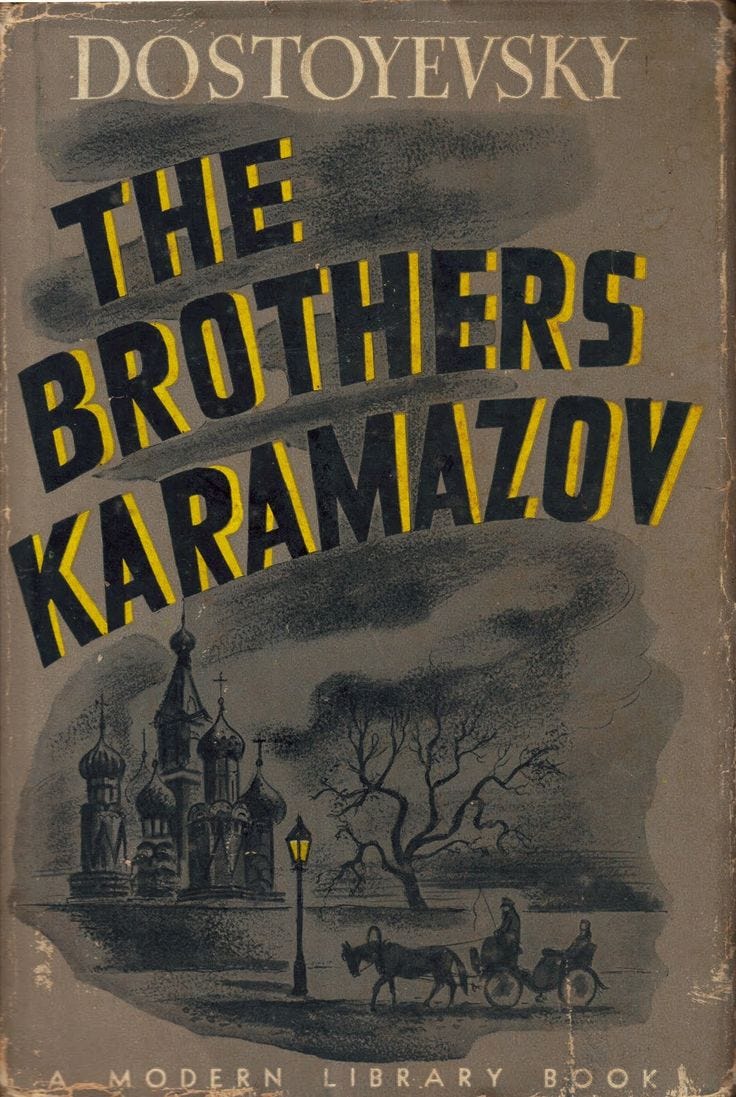

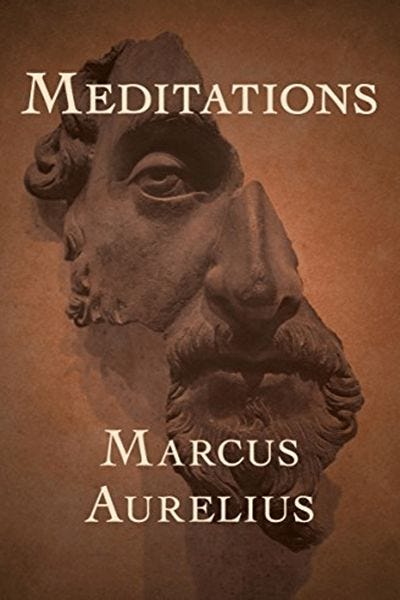
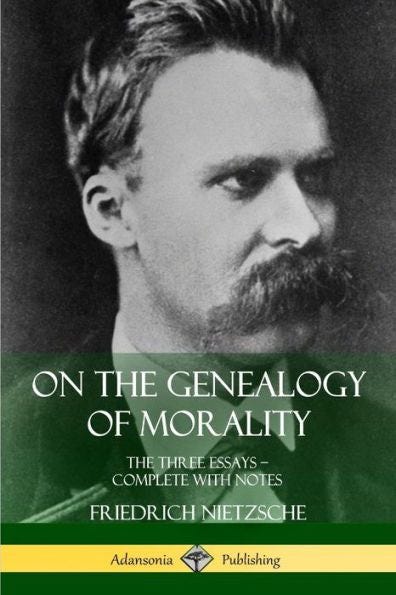
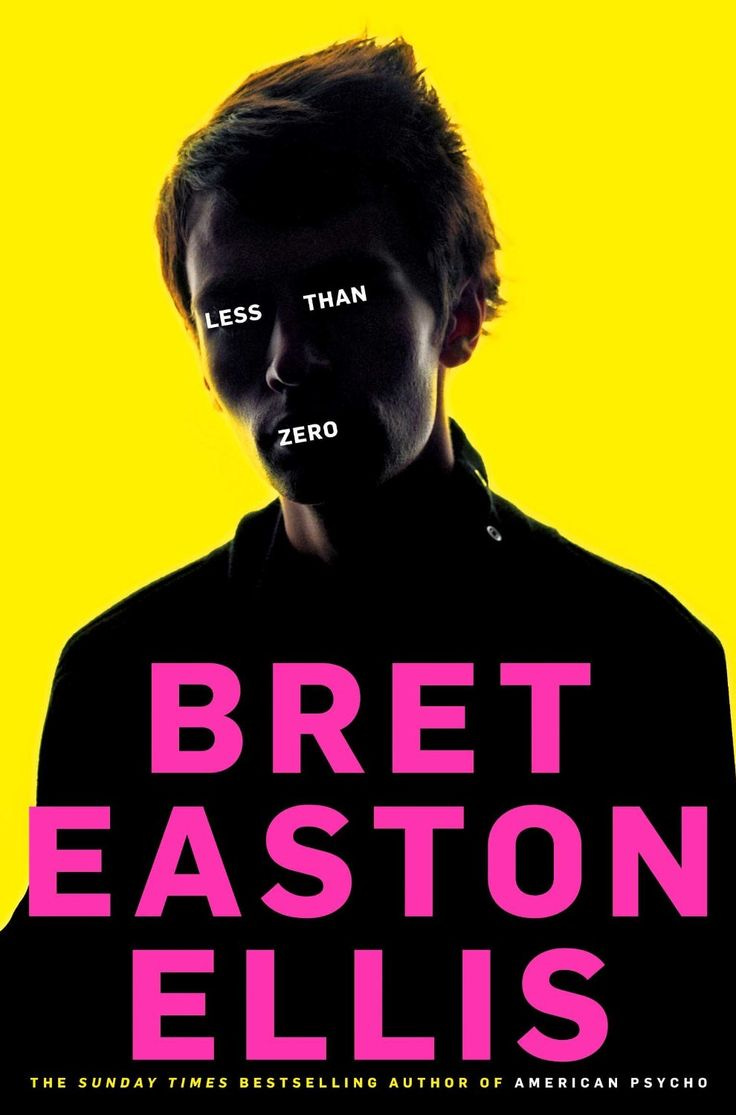
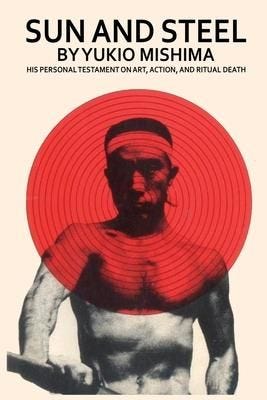
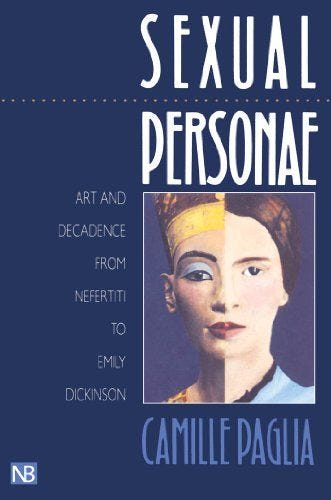
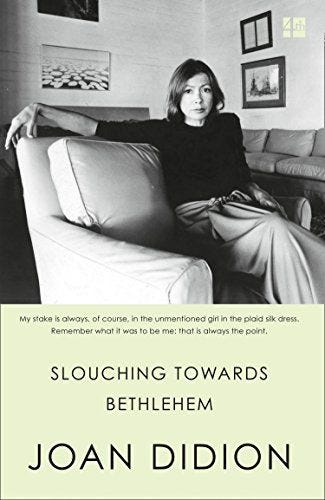
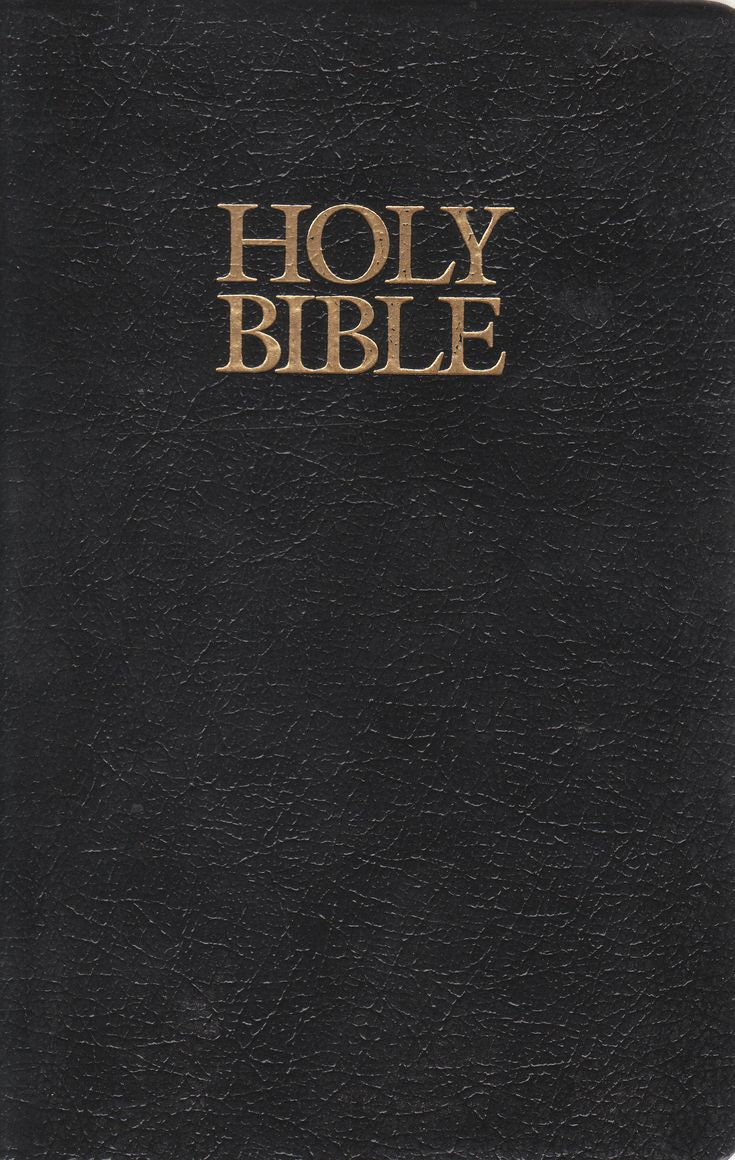
Love this list, reminds me a lot of the readings suggested by alt lit and alt media figures like BAP, Red Scare, Kidology
A beautiful list.